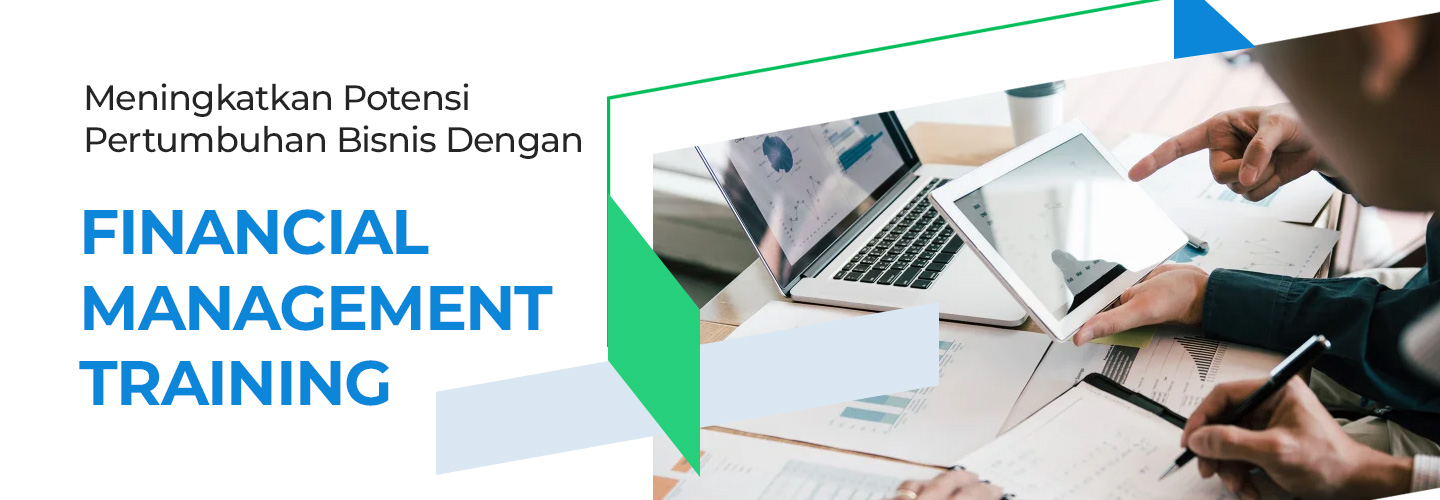Variable Cost: Definition, Types, and Examples
.webp)
When you run a business, variable cost is one of the systems that you must know. The reason is, the correct calculation of variable cost will have a big impact on the profit generated.
Basically, any form of business definitely requires costs. These costs include all costs needed in the production process until the product is completely finished and ready to be sold on the market.
One of the costs that is calculated is variable cost. This one thing can also be used as the main basis in analyzing the financial aspects of the company.
Definition of Variable Cost
Variable cost is a cost incurred by a company and can change according to the amount of production or sales. Its value fluctuates depending on the company's production or sales volume.
The higher the increase in production, the more expensive the variable cost, and vice versa.
In addition, there is also something called fixed cost. Fixed cost is a cost that remains the same and does not change even though production increases or decreases.
Variable cost itself has several types. Check out the following review!
Types of Variable Costs
Throughout the production process, there are certain types of costs that are usually included in variable costs, including:
Raw Materials
Raw materials are materials purchased to be processed through the production process into final products. For example, in the shoe industry, raw materials include
leather, canvas, thread, soles, etc.
Direct Labor
Direct labor is workers who contribute directly to the production process.
These workers usually receive wages or compensation according to the number of units produced. Some also calculate it in terms of the number of hours they spend working in a certain time.
Commission
Commission is usually a percentage of sales results given by the company as additional compensation. The value of the commission depends on sales performance that meets the terms and conditions that have been set.
Utilities and Energy Costs
Utilities here include the cost of energy used by production equipment. This energy supply can be in the form of electricity, gas, water and various other utilities used to power the production process.
Packaging and shipping
Packaging or shipping costs still depend on the quantity of the product itself. Therefore, it is included in the variable cost.
Shipping products from manufacturers to distributors or from distributors to customers is part of this cost. Packaging costs, transportation, and all costs related to distribution are also included in this cost.
Examples of Variable Costs in a Business
Variable costs in each business can vary depending on the type of business, operational scale, and strategy used. However, in essence, variable costs still have the same definition in any business.
Here are some examples of variable costs in a business:
Restaurant Business
- Raw Materials: The cost of purchasing ingredients such as meat, vegetables, fruit, milk, flour, and other food ingredients.
- Labor: Salaries and benefits of employees directly related to production or customer service, such as chefs, waiters, and kitchen staff.
- Energy Costs: Electricity, gas, or other fuels used in the cooking process and running kitchen equipment.
- Kitchen Equipment and Service: Maintenance and repair of kitchen equipment, as well as costs to provide tableware, plates, glasses, and other cutlery.
- Packaging and Packaging Materials: Costs for food packaging, takeaway boxes, and other packaging materials used to serve or package food products.
- Cleaning and Maintenance Costs: Cleaning and maintaining the restaurant area, including cleaning products, detergents, and janitorial service costs.
- Shipping and Logistics Costs: Costs of delivering raw materials or finished food to the restaurant or from the restaurant to customers (if providing delivery services).
Manufacturing Plant
- Raw Materials: Costs of obtaining raw materials used in the production process, such as metals, plastics, fabrics, or other materials.
- Production Labor: Wages and benefits for workers directly involved in the production process, such as machine operators, assembly workers, and production workers.
- Power and Energy: Costs to operate manufacturing machinery and equipment, including the use of electricity, gas, or other fuels.
- Machinery and Equipment Maintenance: Costs to maintain and repair machinery, equipment, and production tools to ensure efficient operation. Also includes lubricants, cleaning materials, and other chemicals.
- Shipping Costs: Costs to ship products from the factory to the warehouse or customer. This includes transportation costs, shipping insurance, and additional packaging.
- Quality and Trial Costs: Costs to test and ensure product quality, including inspection, testing, and quality maintenance.
Retail Stores
- Merchandise Inventory: Costs to purchase merchandise to be sold to customers. These costs fluctuate with changes in sales volume.
- Sales Force Costs: Salaries, commissions, and benefits for sales employees who are directly involved in the sales process.
- Promotion and Advertising Costs: Costs for promotional campaigns, advertising, and sales promotions that can change depending on the need to increase sales.
- Packaging Costs: Costs for product packaging, price tags, and other marking materials needed to attract customers.
- Carton and Shopping Bag Cost: The cost of providing cartons or shopping bags to customers as part of the shopping experience.
- Shipping and Delivery Cost: The cost of shipping goods to customers or delivery costs, if the retail store provides shipping services.
That's the information you need to know about what variable costs are, their types, and examples in various businesses. It is important to understand that calculating variable costs can provide valuable insights for management in managing more efficient operations.
Variable costs are just one component that must be understood in pricing your business. If you want to learn more about the right pricing strategy, join the Marketing Pricing Strategy short program from Prasmul-Eli.
In the two-day program, the learning scope includes:
- Cost of Product
- Fixed & Variable Cost
- Short Term Pricing Strategy
- Cost Volume Profit
- Target Costing & Cost Analysis for Pricing Decision
- Costing Product & Variable Costing
- Market and Competition Analysis for Pricing
- Customer Value
- Strategic Pricing.
Register through the following link to join this class!


